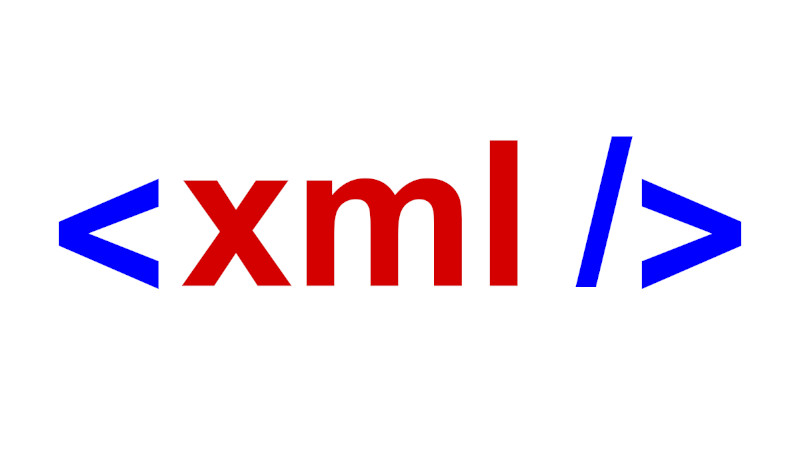
For those of us who have spent entire careers working with structured data, it comes as something of a surprise to be reminded that XML is now 25 years old. You probably missed the XML standard on the 10th of February 1998, but it’s almost certain that XML has touched your life in many ways even if you remain unaware of it.
The idea of one strictly compliant universal markup language to rule them all was extremely interesting in an era when the Internet was becoming the standard means to interchange information and when the walled gardens dating back to the mini- and mainframe era were being replaced with open standards-based interchange. In the electronic publishing industry, it allowed encyclopedia and dictionary-sized data sets to be defined to a standard format and easily exchanged. At a much smaller level, it promised a standard way to structure more mundane transactions. Acronyms and initialisms such as WAP, SOAP, and XHTML were designed to revolutionize the Web of the 21st century, but chances are that those are familiar only to the more grizzled developers.
In practice the one-size-fits-all approach of XML left it unwieldy, giving the likes of JSON and HTML4 the opening to be the standards we used. That’s not to say XML isn’t hiding in plain sight though, it’s the container for the SVG graphics format. Go on — tell us where else XML can be found, in the comments!
So, XML. When used to standardise large structured datasets it can sometimes be enough to bring the most hardened of developers to tears, but it remains far better than what went before. When hammered to fit into lightweight protocols though, it’s a pain in the backside and is best forgotten. It’s 25 years old, and here to stay!
Header: [Jh20], GFDL v1.2.
0 Commentaires